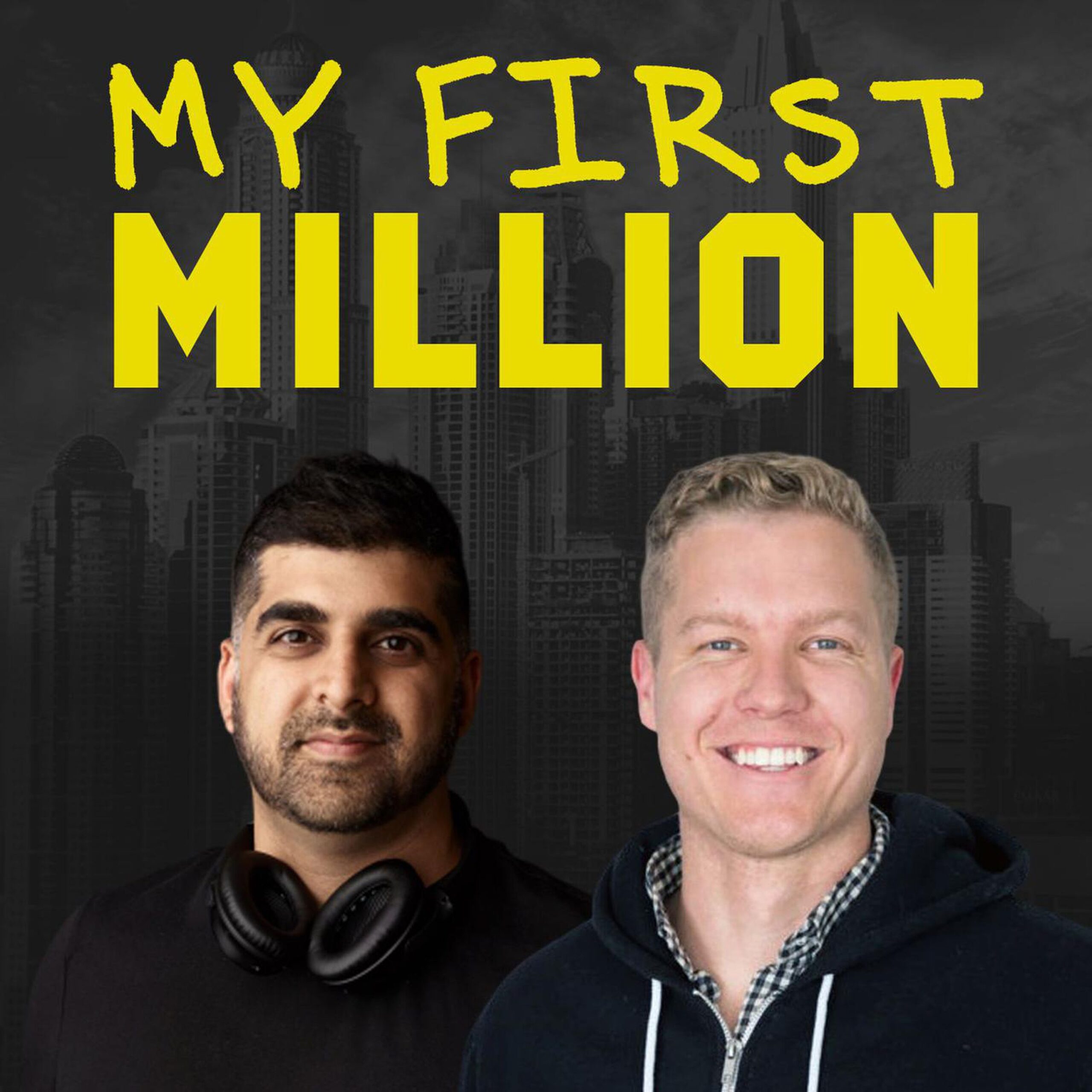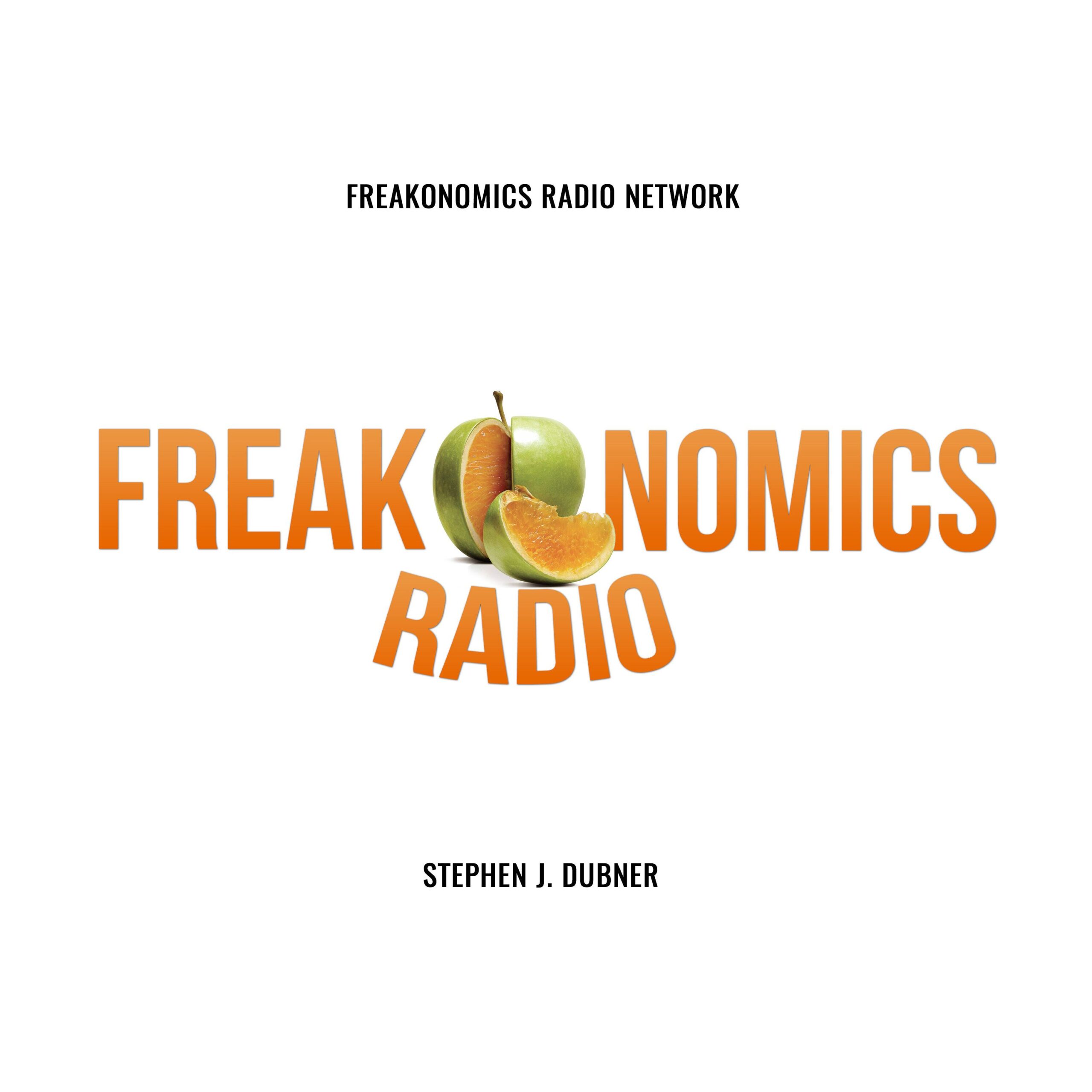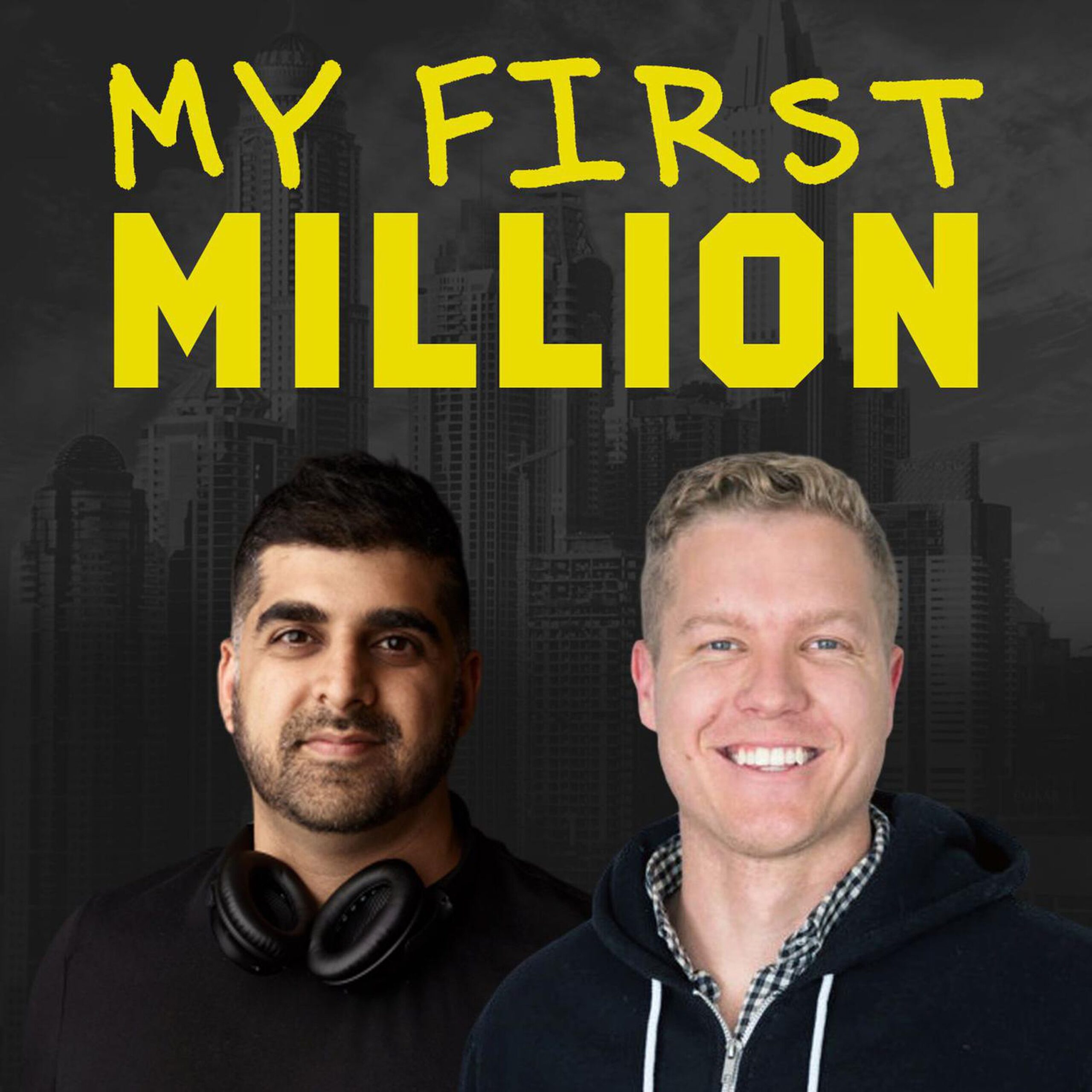Joe Wicks on Addiction, Childhood Trauma, Depression And World Domination
This week I have a recurring guest, the man who helped the lives of people around the globe during lockdown when they needed it most, Joe Wicks. After we last spoke he achieved his dream and has recently been awarded an MBE but when it had finished it led to Joe feeling lost and a … Read more





